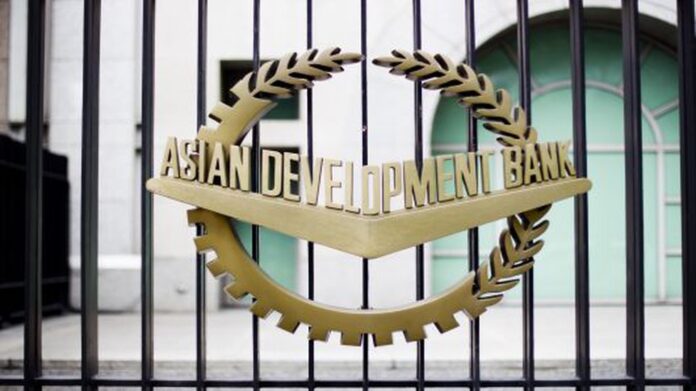Asian Development Bank (ADB) Country Director Xiaohong Yang has said that Pakistan can increase its gross domestic product (GDP) by up to 30pc by bridging the gender gap.
While explaining the new country partnership strategy (CPS) for 2021–2025, she termed gender inequities a significant challenge for Pakistan, with low literacy rate and labour force participation for women. “The ADB will support women’s economic empowerment, provide quality opportunities for social advancement, and enhance women’s resilience to external shocks.”
She said the bank would look to increase women’s access to financial services and raise their skills and education levels – increasing their access to higher-skilled and waged employment such as the ICT sector, and bolster social protection programmes where women are the primary beneficiaries.
“The ADB will also prioritise interventions to cut women’s poverty and drudgery by improving their access to modern technology, particularly in the agriculture sector, connecting them to affordable and reliable energy, and contributing convenient water supply and sanitation solutions.”
Further, the ADB would also help ensure women’s access to safe transport systems and urban spaces while improving the capacity of executing and implementing agencies to implement gender-inclusive projects.
Under Vision 2025, she noted, the country aims to achieve upper-middle-income status and provide quality jobs to its growing labour force.
She said that the ADB’s assistance to Pakistan would focus on three strategic pillars: improving economic management, building resilience through human capital development and social protection, and boosting competitiveness and private sector development to expand economic opportunities.
Given the economic and social vulnerabilities exposed by the pandemic, this CPS places particular emphasis on building resilience.
The ADB will seek to upgrade education and health facilities, improve the quality of health care, strengthen social protection systems, and up-skill workers so they can weather future crises, she added.
With respect to poverty reduction, she said the ADB would seek to enhance productivity and well-being by improving education, nutrition, health systems, clean water and sanitation, affordable housing, and social protection.
On ADB’s response to Covid-19, Xiahong Yang said in 2020, ADB committed $500 million to help finance the government’s counter-cyclical economic stimulus with a focus on boosting safety nets for the jobless and helping poor and vulnerable groups including women and children.
The ADB also provided a $300 million emergency support loan and re-purposed $30 million to help reduce the socio-economic and health impacts of the pandemic. ADB worked very closely with other international financial institutions and bilateral agencies during the Covid-19 crisis and mobilized about $1.22 billion in co-financing from other development partners.
In addition, ADB quickly mobilised about $6 million in grants, together with $9 million in co-financing from other bilateral donors for immediate humanitarian and health emergency expenditures and training for health workers, she added.
She said a robust private sector is critical to Pakistan’s goal of achieving upper-middle-income status, but the high cost of doing business limits its competitiveness. Unreliable access to basic infrastructure is also a significant constraint for private sector activities, while access to finance remains limited for women entrepreneurs, small businesses, and other underserved segments.
























